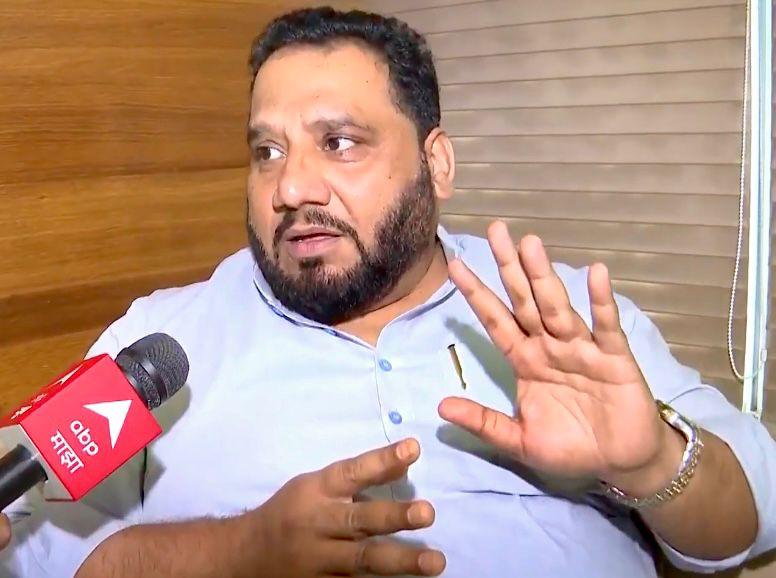In recent times, the Muslim community in Maharashtra has faced challenges due to the emergence of organizations misrepresenting themselves in the name of Islamic welfare. Among them, the All India Ulema Board has come under scrutiny, accused of using deceptive practices to influence public opinion and sway voter sentiment. These allegations, voiced by Saleem Sarang, the NCP State Vice President and President of the Muslim Welfare Association, highlight a significant issue that affects the credibility and trust of the Muslim community in Maharashtra.
Sarang’s concerns revolve around the All India Ulema Board’s claim of representing Muslim interests, despite the organization being registered under the name “Ulema Board” rather than “All India Ulema Board.” This discrepancy in naming has led Sarang to question the organization’s legitimacy and legal standing. He points out that such a distinction is not only misleading but also potentially unlawful, suggesting that the organization may be operating outside the framework of established legal norms.
The issue extends beyond registration technicalities, as Sarang alleges that the All India Ulema Board has taken politically motivated stances that do not reflect the true interests of the Muslim community. He asserts that the organization has publicly shown support for the Mahavikas Aghadi (MVA) coalition and the Congress party, a move he believes is part of a larger strategy to manipulate Muslim voter sentiment in Maharashtra. Furthermore, Sarang claims that his own image has been misused by the organization on television channels to create an impression of his support for the MVA. He argues that this has misled voters into believing he endorses the coalition, which he denies.
Sarang joined the All India Ulema Board in October 2023 with the hope of advancing the welfare of the Muslim community. However, he resigned from his position within the organization by March 2024, citing disappointment over the lack of meaningful actions for the community’s welfare. He expressed frustration at what he saw as empty promises and a lack of substantive progress on issues affecting Muslims in Maharashtra, which ultimately led to his decision to disassociate from the board.
In his letter, Sarang calls upon the Charity Commissioner and the Election Commission to take decisive action against the All India Ulema Board. He emphasizes that the organization’s actions not only misrepresent the views of Maharashtra’s Muslim population but also violate the electoral code of conduct by spreading misinformation during election periods. By allegedly aligning with political parties without transparent and community-based support, organizations like the All India Ulema Board, he argues, misuse their influence and erode the trust of the community they claim to represent.
This situation raises important questions about the responsibilities of community-based organizations and the need for legal oversight to ensure their alignment with their stated missions. Sarang’s appeal for strict action reflects a demand for accountability and integrity within organizations that claim to serve the public interest. Fraudulent representations, he asserts, must not be allowed to exploit the sentiments of the Muslim community for political gains.
In conclusion, the call for action against entities such as the All India Ulema Board underscores a pressing need for transparency and adherence to ethical standards within organizations claiming to represent communities. Sarang’s initiative highlights the importance of ensuring that community voices are not misused or misrepresented, particularly in the sensitive context of electoral politics.




